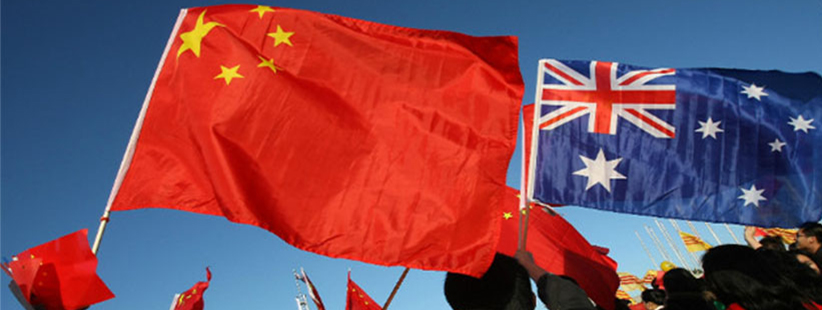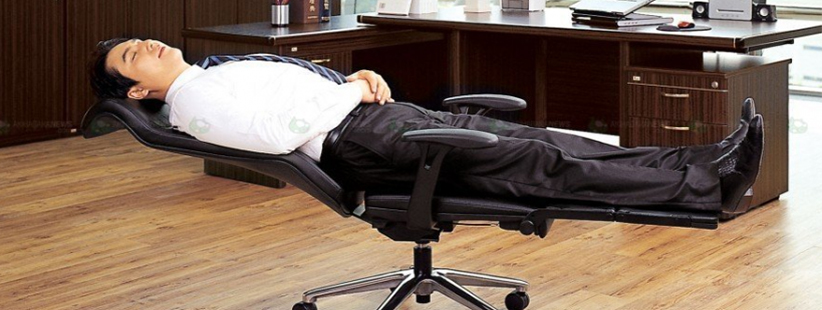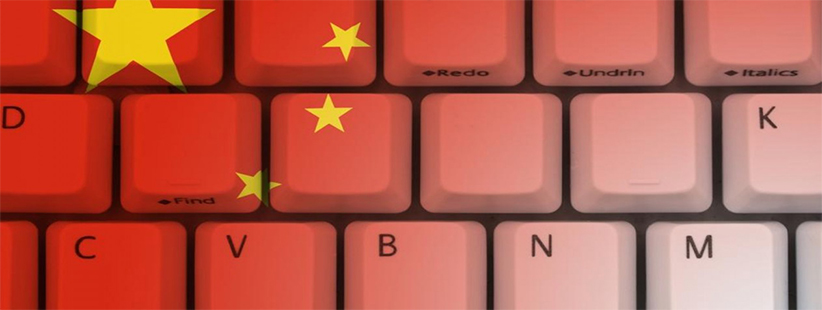As Chinese and Australian industries become more entwined, our new copywriter Kristine shares her views on the differences in working culture between the two countries.
Fun fact about me: before I came on board as a Copywriter at Orion Creative I lived and worked in Shanghai, China for two and a half years. When I tell people this I receive an amusing variety of reactions. Some look confused and ask, “Why?!”, others are genuinely impressed, and a few have just stared at me blankly and awkwardly changed the subject. Well, what better way to set the record straight than to write a blog post about working in a country and culture that’s so starkly different from my own.
Having spent the majority of my childhood living in K.L., Malaysia as well as spending a year living and working in Vancouver, Canada, I thought settling into Shanghai would be a piece of cake. As a Mainland China first-timer, this was definitely not the case and it took me a good six months to be able to find a job I was happy with and start feeling situated. Here are a few reflections on working in one of the world’s most fast-paced and bustling city’s.

A cultural melting pot
I was fortunate to find a role as a content manager/copywriter at a small US-owned bridal company that consisted of a range of different nationalities. Our team of 12 was made up of Aussies, Americans, Canadians, Swedish and local Chinese employees.
This made for a wonderful mix of different nationalities who were all interested in learning about each other. We had regular office “culture workshops” where we would discuss a wide range of topics, such as marriage, religion and world events. It was fascinating to compare these different views with my colleagues and see the differences and similarities that exist.
Timing isn’t everything
Punctuality is not a priority in China and it’s generally acceptable to show up to the office half an hour to forty five minutes after your scheduled start time without it being a big deal. This in no way reflects on how hard people worked and it wasn’t expected of anyone to stay back to make up the time either. Being fashionably late is also common with social events, where it’s perfectly normal to show up one or two hours late.
I have a love/hate relationship with this custom. On one hand I love the idea of being flexible and not having to abide by the time so strictly. But I’ve also been extremely annoyed when a friend has made me wait at a restaurant when they are running 45 minutes late.

You snooze you (don’t) lose
There were a few office rituals I wasn’t used to when I started working in Shanghai. For instance, in China it’s perfectly acceptable for employees to grab a pillow and take a short snooze at their desks during their lunch breaks. It isn’t considered lazy or inappropriate; just a chance to squeeze in a power nap in the middle of the work day. Alas, I could never bring myself to succumb to the workplace nap, even though I was very tempted at times.
Local Chinese are well-known for being able to nap wherever and whenever, which is proven by their penchant for napping at IKEA stores. What an impressive skill to have when you’re faced with a particularly busy day and need a power nap to keep you going!
Saving face
In China there’s a term called “saving face” which is unique to Asian culture. In simple terms, it means calling someone out in public is bringing shame to them and is the ultimate insult. In Western culture it’s quite normal to be open and up front about work matters and it isn’t out of the ordinary for someone to be singled out for making an error. This was definitely a big adjustment when communicating with my Chinese colleagues.
It was always important to remember even though I may have had an issue over any business-related matters, I had to be very aware of how I acted in the office environment. There’s no such thing as constructive criticism when it comes to saving face. You need to find a way to explain the issue without placing any blame or hurting anyone’s feelings.

A hard lesson to learn
I had one experience in particular that demonstrates “saving face” perfectly. When I first started with my previous company they agreed to process my work visa (which is a notoriously strict and arduous process dreaded by expats working in China). After accidentally missing a deadline to submit my application, they failed to inform me of this until it was too late. I ended up overstaying my previous visa – a big no no in China that can lead to large fines and even deportation from the country.
Long story short, I had to return to Sydney for 10 weeks while they restarted the visa process from scratch. The one thing I found most interesting is no one blamed or pointed any fingers at the person who was responsible for this mistake. It would’ve been considered very rude of me to reprimand this person for not following proper procedures or meeting the correct deadlines and therefore causing a major disruption in my life.

The Great Firewall of China
As the content manager at my company, one of the main responsibilities of my role was to manage the company’s blog and social media platforms. This may seem straightforward, but when you live in a country where Facebook, Twitter, Instagram, Google and WordPress (to name a few) are blocked by the government, it becomes a little trickier.
To break through China’s Internet firewall I used a VPN (Virtual Private Network) which allowed me to reroute my internet connection through a different country and access the sites that aren’t available to non-VPN users in the country. This made doing my job fairly easy, except when the Chinese government cracked down on VPN usage, often blocking access which could last for days or weeks.
It might seem like I’ve written more negative points than positive about working in China, but really it’s not one or the other… it’s just different. The time I spent in Shanghai taught me there’s more than one way to go about doing things and although it may seem foreign and unfamiliar, it doesn’t necessarily mean it’s worse. By having an open mind and accepting factors that were out of my own control, my China experience was one of the most fulfilling and exciting adventures I’ve had so far.